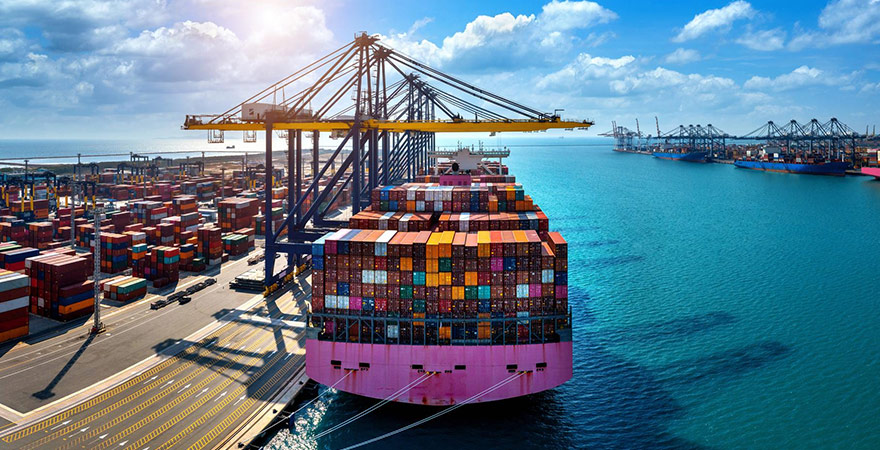Cargo Transport

Cargo Transport Services
Cargo transport services form the backbone of global trade and commerce, facilitating the movement of goods across various regions and contributing to the efficiency of supply chains. These services encompass a diverse range of modes and methods, each tailored to the specific needs of different industries and types of cargo.
Key Features:
Diversity of Modes:
Cargo transport services utilize various modes, including air, sea, road, and rail. This diversity allows businesses to choose the most suitable and cost-effective method for transporting their goods based on factors such as distance, urgency, and the nature of the cargo.
Global Reach:
Cargo transport services provide global reach, connecting manufacturers, suppliers, and consumers across different continents. This extensive network ensures that goods can be transported efficiently from production centers to markets worldwide, contributing to international trade and economic growth.
Efficient Supply Chains:
The efficiency of supply chains relies heavily on cargo transport services. Timely and reliable movement of goods is essential for meeting market demands, reducing inventory costs, and ensuring that products reach consumers in optimal condition.
Specialized Handling:
Depending on the nature of the cargo, transport services offer specialized handling options. This includes refrigerated containers for perishable goods, secure containers for high-value items, and specialized equipment for oversized or hazardous cargo.
Intermodal Transportation:
Intermodal transportation, where multiple modes of transport are seamlessly integrated, enhances the efficiency of cargo services. This can involve a combination of trucks, trains, ships, and planes to optimize the transportation process and minimize transit times.
Technology Integration:
Cargo transport services leverage technology for efficient tracking, monitoring, and management of shipments. Real-time tracking systems, data analytics, and digital platforms contribute to improved visibility, security, and overall operational efficiency.
Challenges and Solutions:
Challenges in cargo transport services include congestion, regulatory compliance, and the need for infrastructure development. Industry stakeholders continually work on solutions such as implementing advanced logistics technologies, optimizing routes, and collaborating on global standards to address these challenges.
Environmental Considerations:
Environmental sustainability is a growing concern in cargo transport. The industry is exploring eco-friendly practices, including the use of electric vehicles, alternative fuels, and the development of more energy-efficient transport modes, to reduce its carbon footprint.
Conclusion:
Cargo transport services play a vital role in the global economy, facilitating trade, supporting industries, and connecting businesses to consumers. The industry's adaptability, integration of technology, and commitment to sustainability position it as a key driver of efficient and responsible global logistics.



